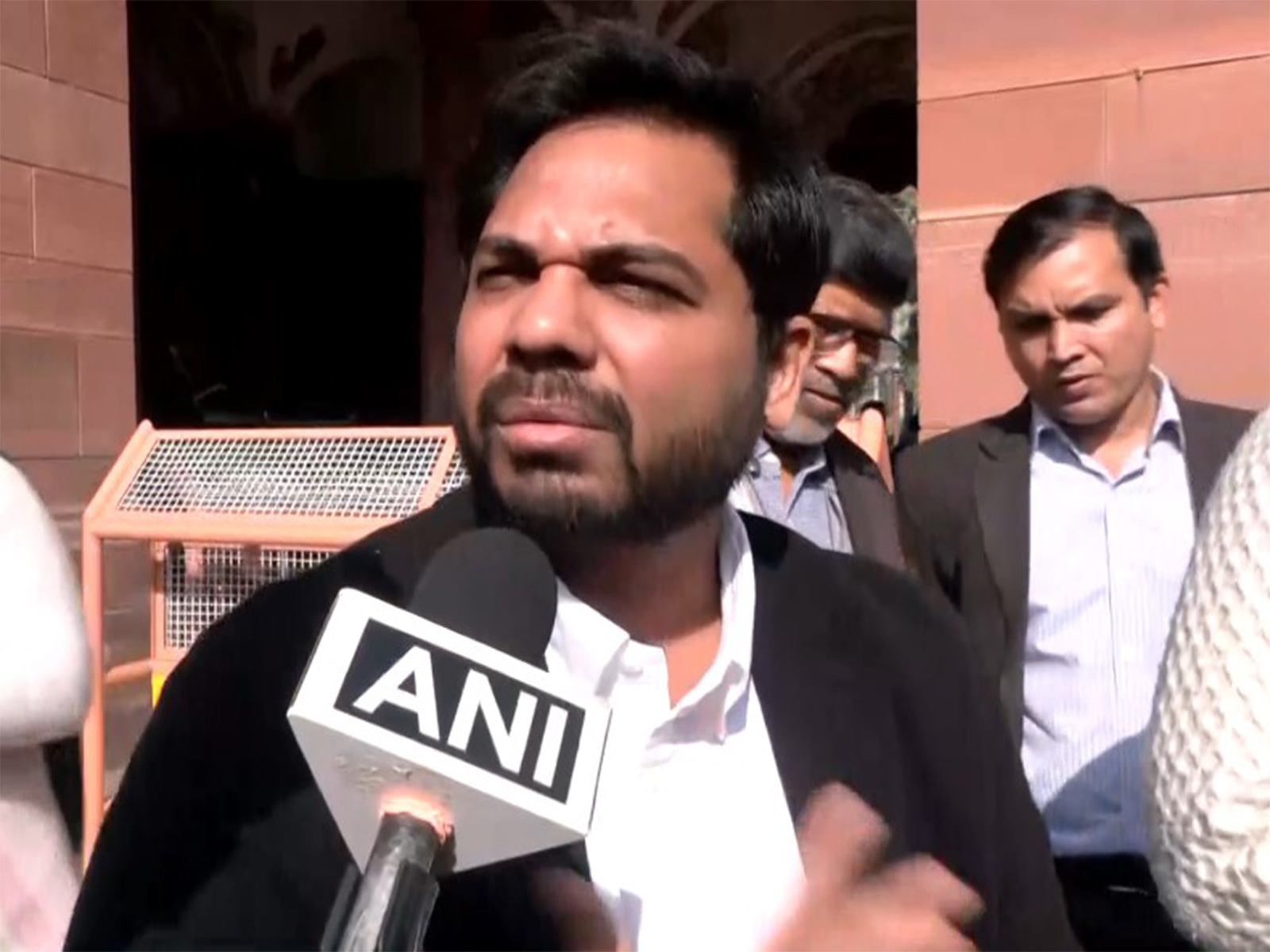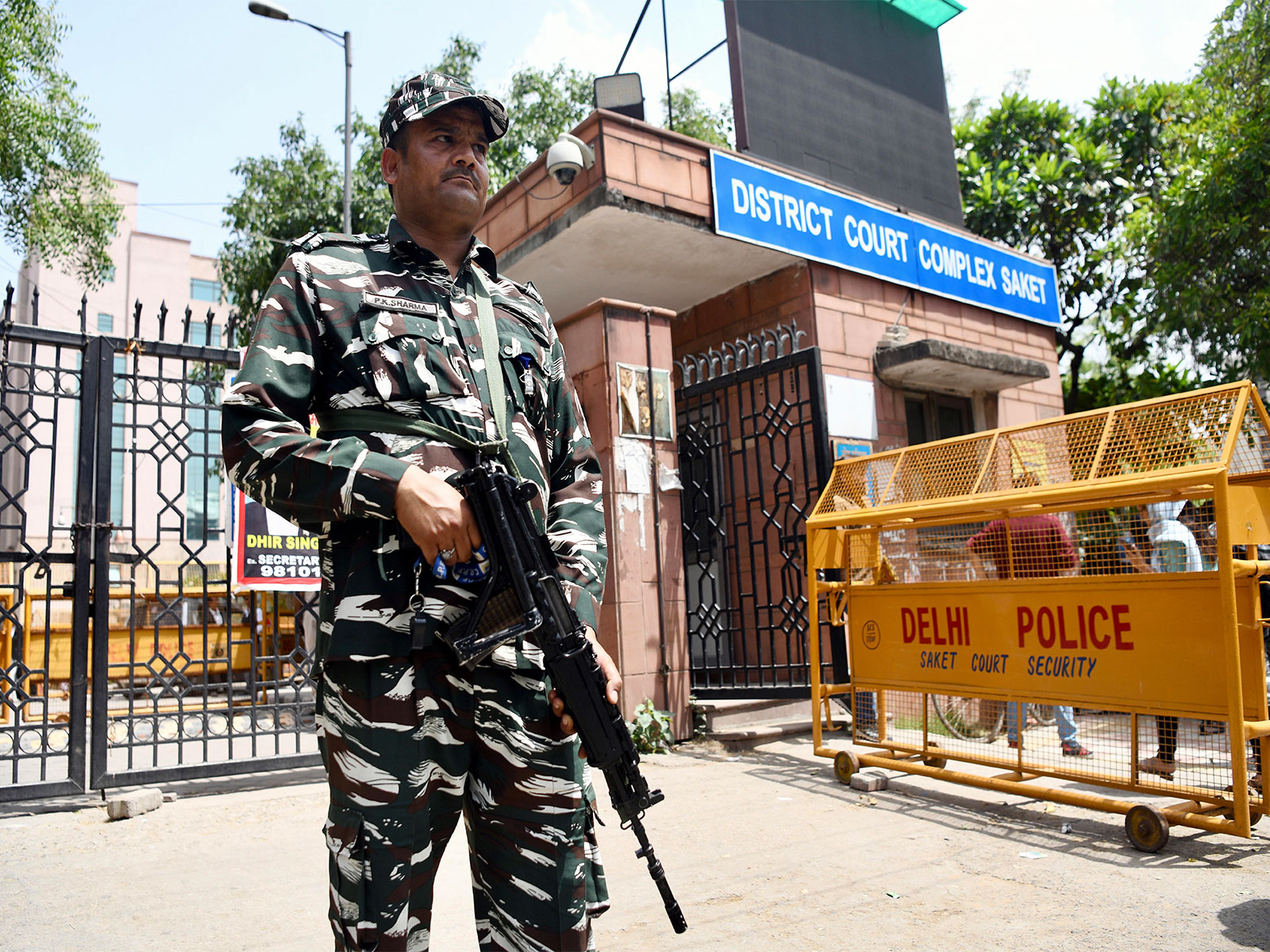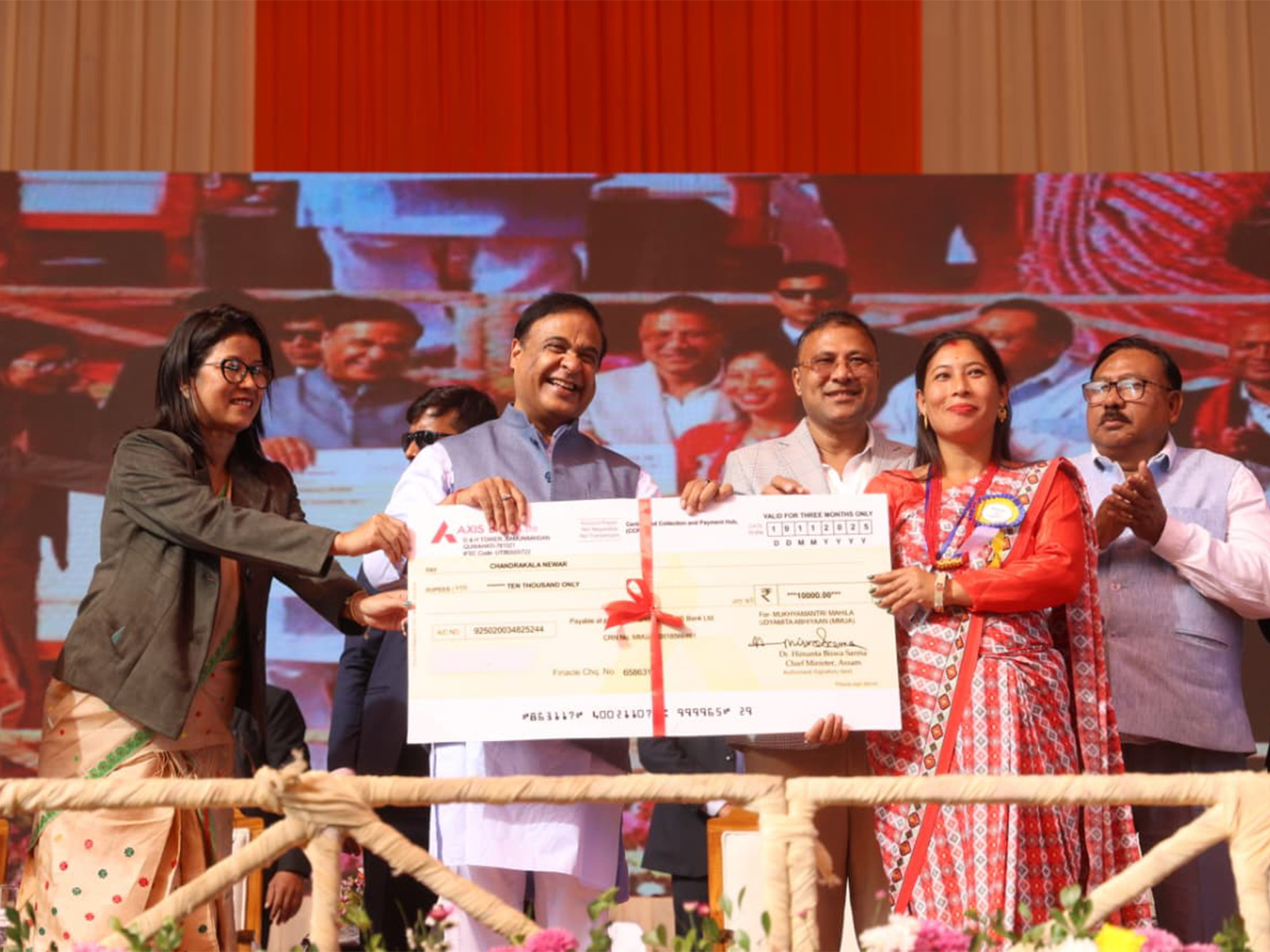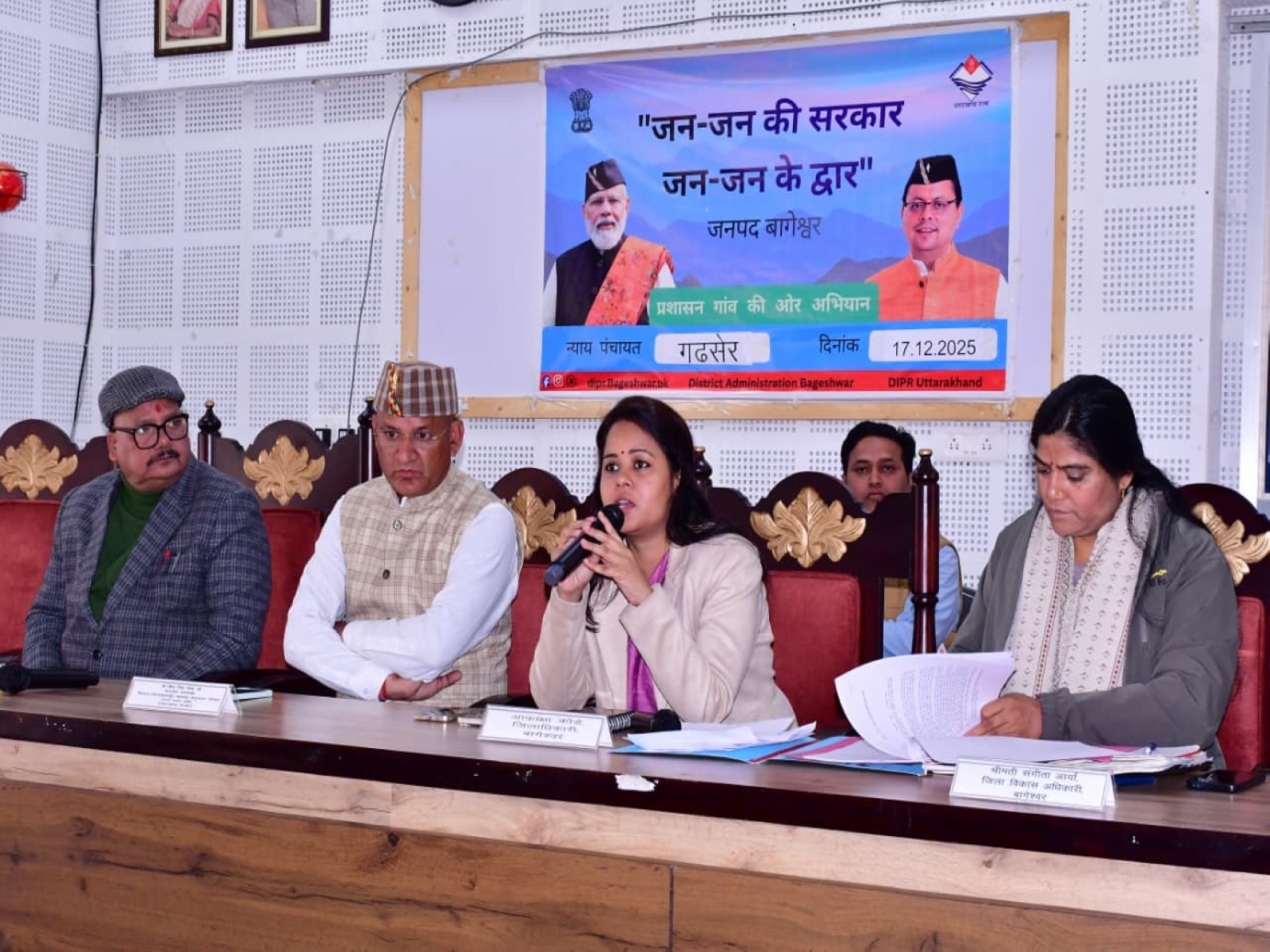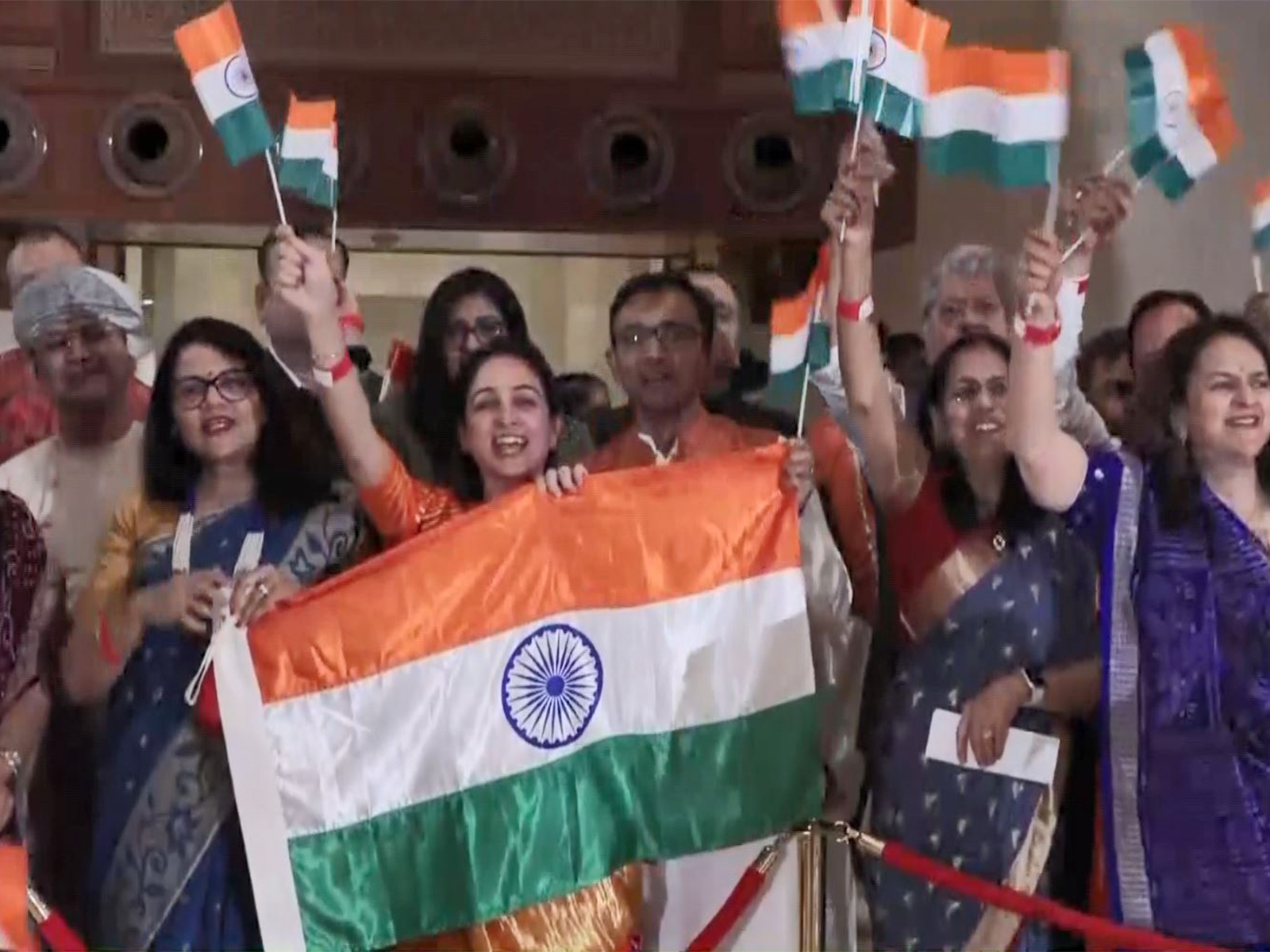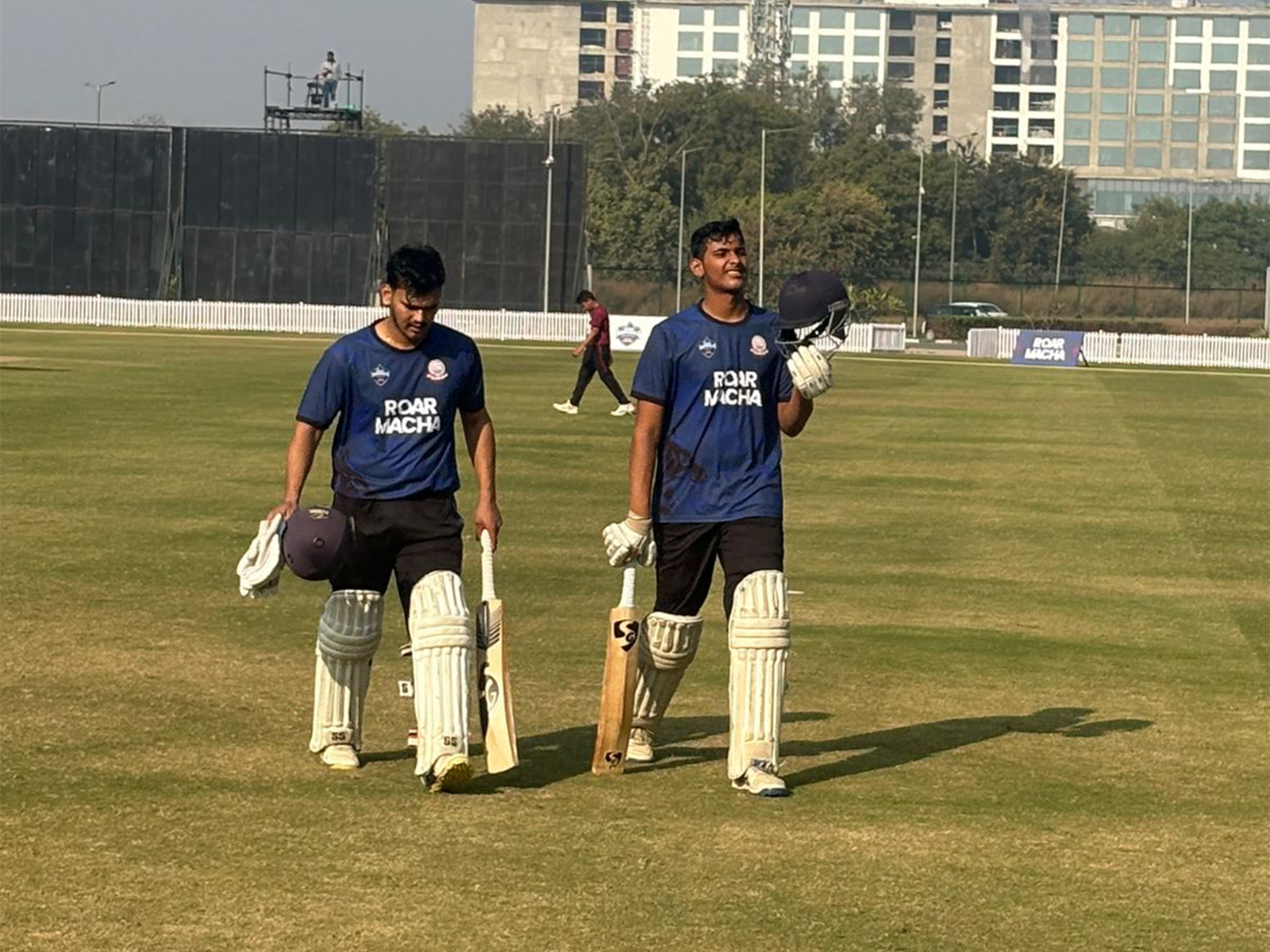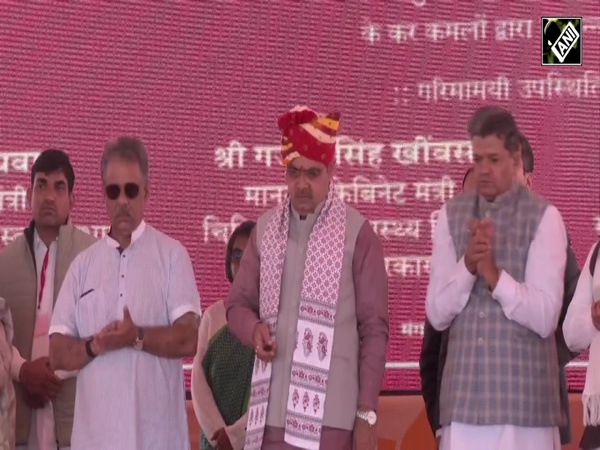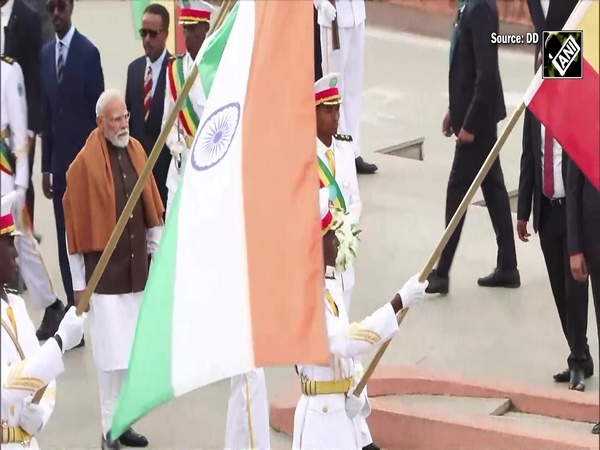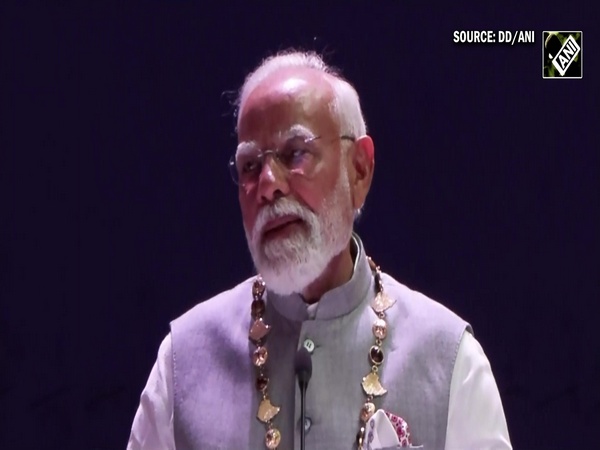Muslim organisations express happiness after SC upholds UP Madrasa Act, terms it great decision
Nov 05, 2024

New Delhi [India], November 5 : The Supreme Court's decision to uphold the constitutional validity of the 'Uttar Pradesh Board of Madrasa Education Act 2004' has been received well within the Muslim community.
The office bearers of various Muslim organisations have expressed their happiness after the apex court upheld the constitutional validity of the 'Uttar Pradesh Board of Madrasa Education Act 2004' and set aside the Allahabad High Court's March 22 verdict, which had struck down the Act.
General Secretary of the All India Shia Personal Law Board (AISPLB), Maulana Yasoob Abbas, termed the top court's decision a 'great decision'.
"It is a great decision. I welcome this decision... I salute the Supreme Court for their decision," he told ANI.
Lucknow Eidgah Imam and member of All India Muslim Personal Law Board, Maulana Khalid Rasheed Firangi, said the decision has brought joy to the people related to madrasas, underscoring that madrasas also impart modern education along with Islamic education.
".This decision has brought joy to the people related to Madrasa. UP Madrasa Act had been drafted by the UP Govt itself. How can an Act draughted by the Govt be unconstitutional?...We have said this earlier too that besides Islamic education, we impart modern education too at Madrasas," Maulana Khalid Rasheed Firangi said.
Reacting to the decision, Advocate Anas Tanveer said, "The Supreme Court has set aside Allahabad HC's verdict that the Madrasa Board Act is against the secularism principle as laid down by the Constitution. The SC said that Act is constitutional. As far as kamil and fazil degrees are concerned, these are higher degrees--the SC said that the Board won't be able to confer that. But other degrees equivalent to 10th and 12th will be valid...This is a big relief..."
A bench Chief Justice of India, DY Chandrachud and Justices JB Pardiwala and Manoj Misra, held the Madarsa Act unconstitutional to the extent it regulates higher education in relation to 'Fazil' and 'Kamil', which is in conflict with the UGC Act.
The Madarsa Act regulates the standards of education in the State of Uttar Pradesh, said the bench while pronouncing the verdict on pleas against the judgement of the High Court.
The right of minorities to administer educational institutions is not absolute and the state can regulate the standards of such education, it added.
The Allahabad High Court had earlier struck down the UP Madrasa Act for violating principles of secularism - a facet of the basic structure of the Constitution.
Samajwadi Party (SP) leader Ameeque Jamei stated that the people across the country are welcoming this decision of the Supreme Court, adding that the government did not want madrasas to function and impart education.
SP spokesperson Ameeque Jamei said, "People across the country are welcoming this decision of the Supreme Court. This government neither wants the madrasas to function nor implement government education. This government wants to open AC schools in this country where students of one section study. The backward, Dalits and Muslims remain neglected... If the government of the day comes to its senses, they should completely fund it (Madrasas)... We welcome the decision."
The Allahabad High Court had struck down the UP Madrasa Act for violating principles of secularism, a facet of the basic structure of the Constitution.
The apex court said that a law can be struck for violation of fundamental rights under Part III of the Constitution or on grounds of legislative competence but not for violation of basic structure.
On March 22, the Allahabad High Court had asked the State to take immediate steps so that students pursuing studies in Madarsas of Uttar Pradesh are accommodated other schools.
